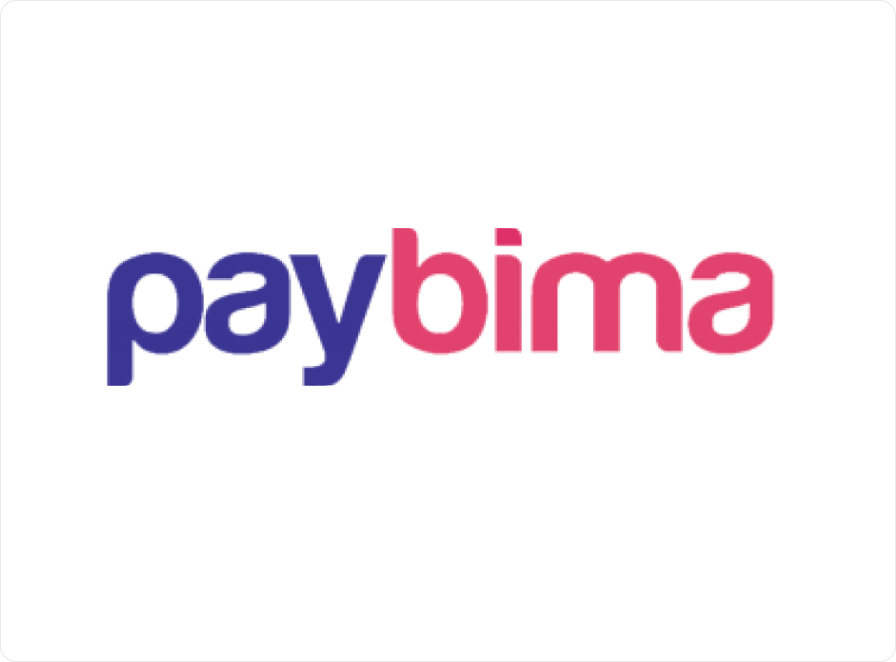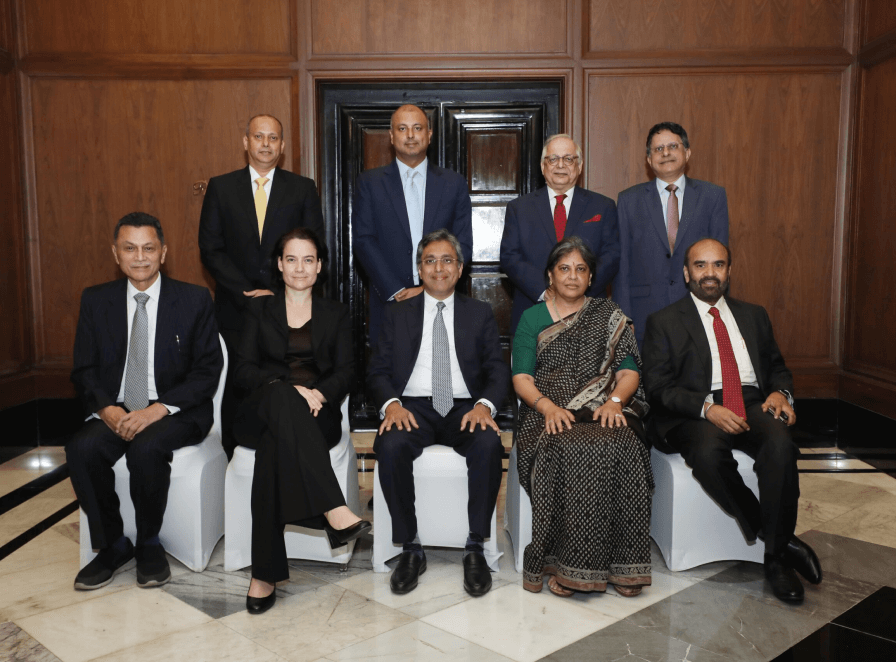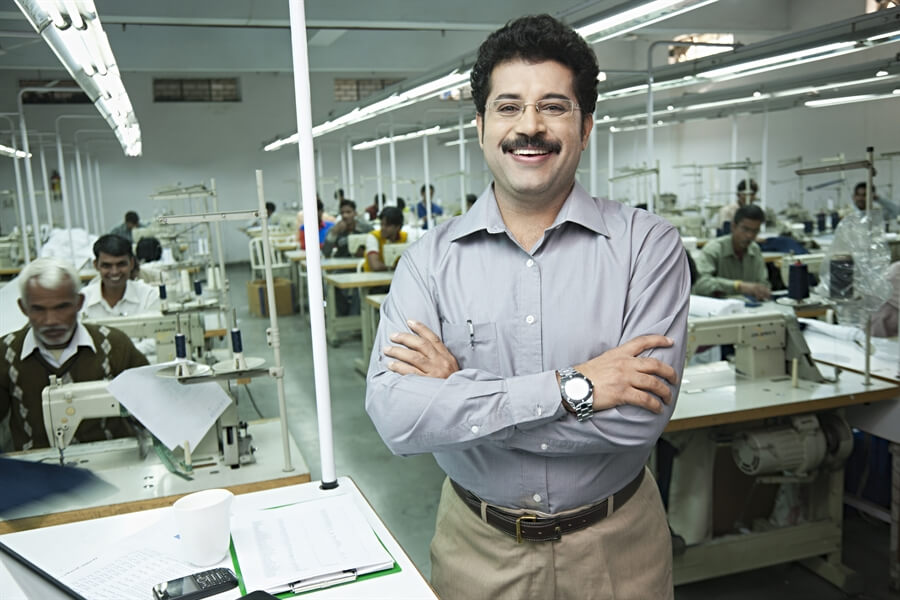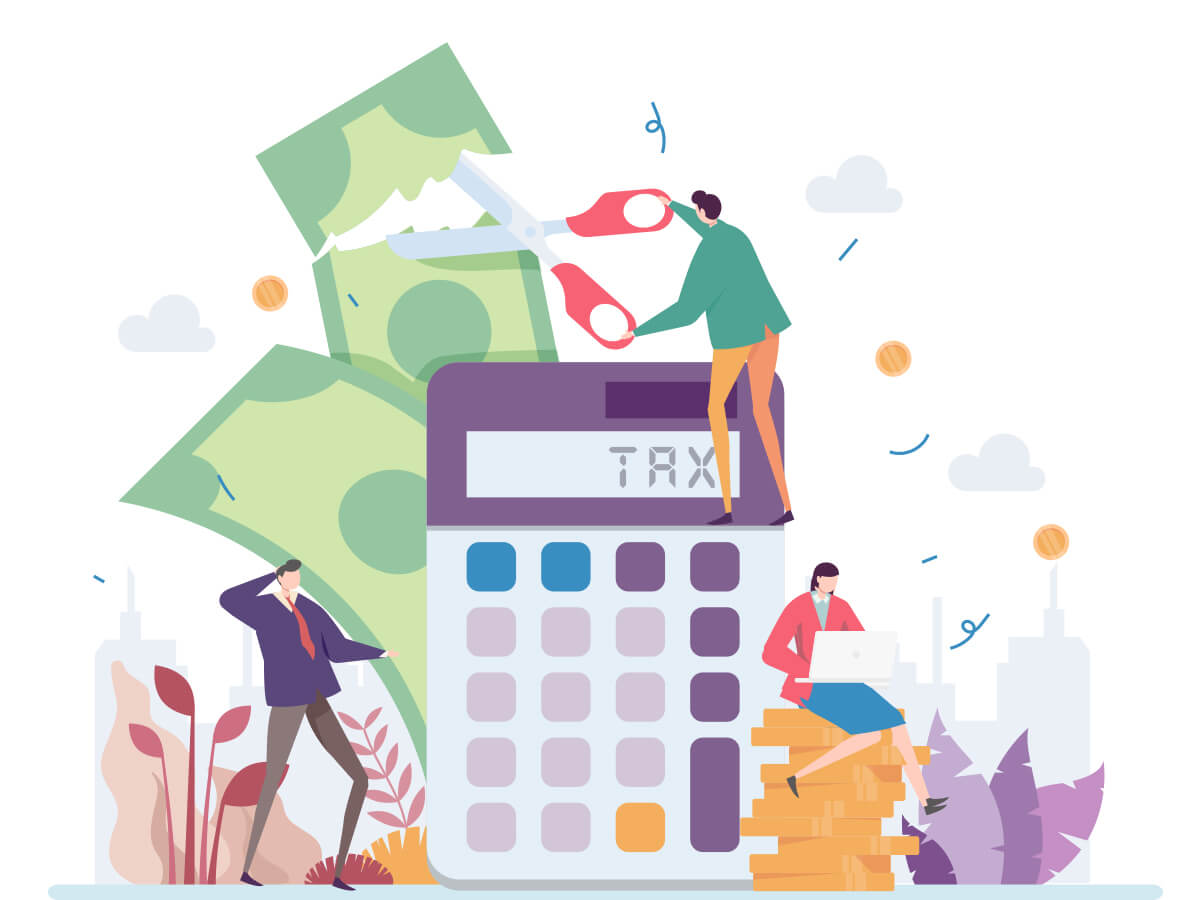In India, fixed or time deposits have been popular for many years. One reason is that these products are a safe investment option. In addition, these deposits offer a higher rate of interest when compared to a savings bank account.
Before you decide to invest in such deposits, it is important to debunk some myths. Here are five common myths related to these deposits that you must stop believing.
1. Only banks offer fixed deposits
This is one of the most widespread myths about fixed deposits (FDs). However, the fact is that even non-banking financial companies (NBFCs) offer such deposits. Generally, NBFCs offer a higher rate of interest on FDs. You may also enjoy different tenure options and flexible repayment schedules. FDs offered by NBFCs are secured as these are rated by credit rating agencies like Credit Rating Information Services of India Limited (CRISIL).
2. Tax Deducted at Source cannot be avoided
Interest earned on FDs is taxable at your income tax slab rate. The returns you earn is added to your total annual income under the heading ‘Income from Other Sources’. However, if the interest earned through FDs is not more than INR 10,000 during the entire financial year, there is no Tax Deducted at Source (TDS) implication.
3. FDs provide income tax benefits
There are certain types of tax saving FDs that offer income tax benefits. You need to remember that when you opt for such tax saving deposits, you will need to lock your money for at least five years. The tax benefits are available under Section 80C of the Income Tax (IT) Act, 1961.
4. Regular interest payouts offer higher returns
The fixed deposit interest rates are pre-determined. You may choose to receive the income at periodic intervals or opt for the cumulative option. With regular payouts of the interest income, you earn less because there is no compounding. Compounding means that you are able to earn an additional income on the interest that is reinvested in the FD. It is recommended you opt for the cumulative FDs and receive the interest income at the time of maturity.
5. Cash difficulties could be met through premature withdrawals
You may consider taking out your money from the FD before its maturity date to meet emergency cash requirements. However, this reduces the FD interest rates and delivers a lower return on your investment. Often, the financial institutions levy a penalty on premature withdrawal. It is advisable to opt for either a loan against the FD or an overdraft to meet immediate cash requirements. Most financial companies offer such facilities.
Opening an FD is quick and simple. You may invest as low as INR 5,000 in these financial products. Moreover, minimal documents are needed for opening an FD, such as photo identity and residential proof. You need to issue a cheque or a demand draft for the FD amount at the time of opening a deposit. You may also include two joint holders while opening the FD.
FDs have been popular for several years and the above-mentioned myths often prevent individuals from investing in these products. Get your facts right and invest in FDs, the safest investment product today.
























































